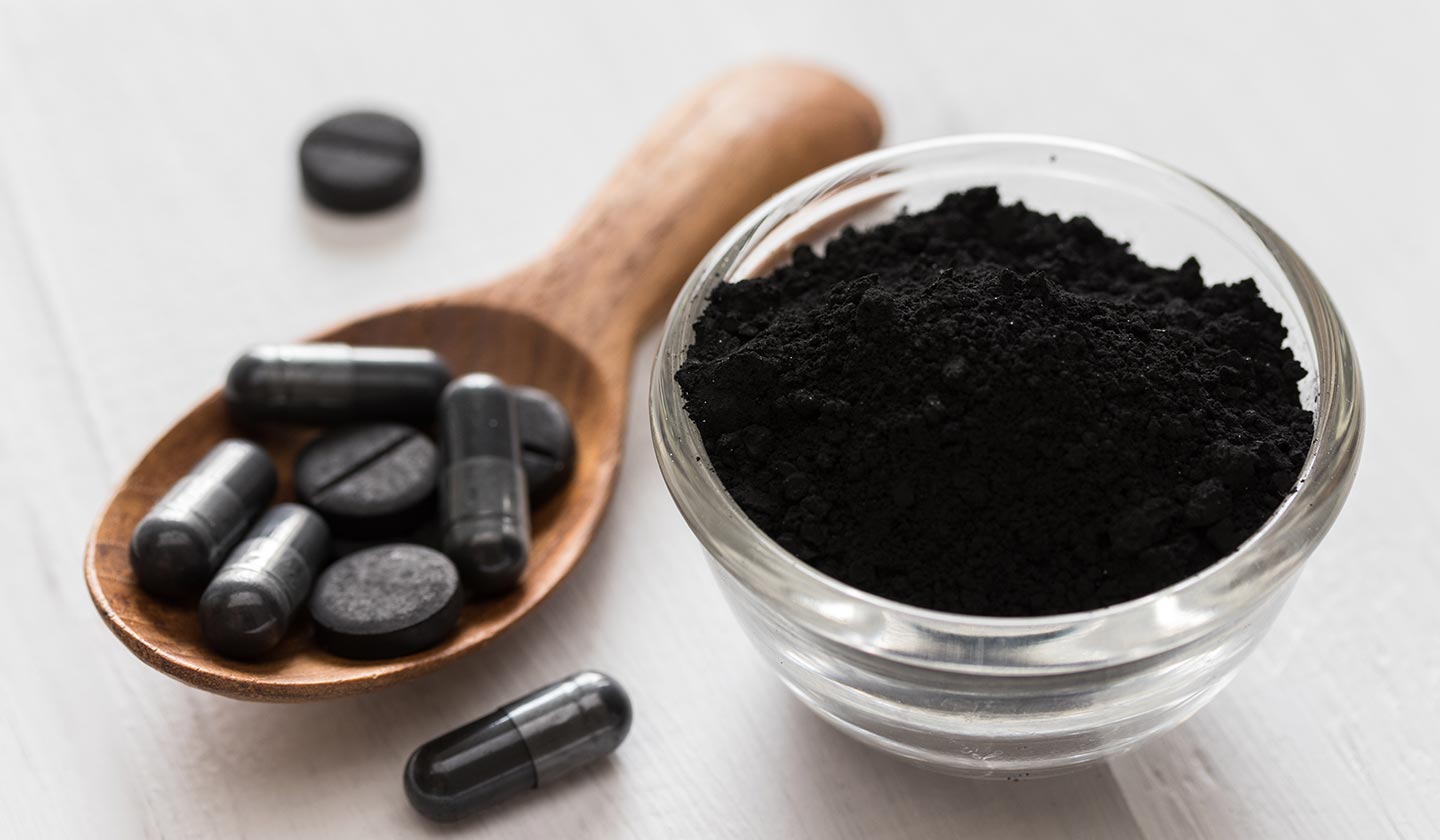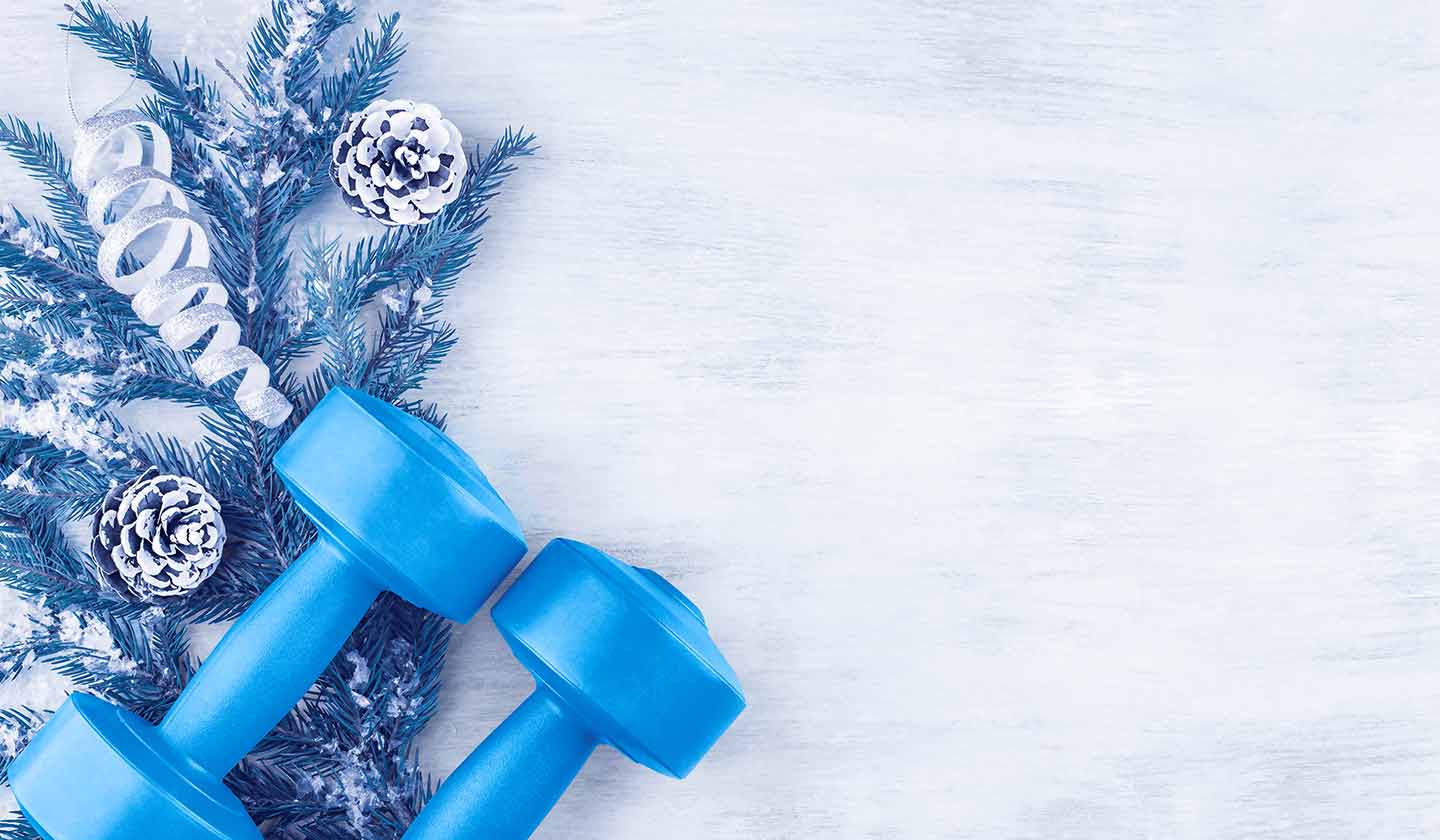Food
End of Year Excesses!

To get rid of those extra pounds this Christmas follow these tips that will help you feel better in the mirror in January.
Don't overdo yourself every day
Select the days when you really want to excel (Christmas Eve and New Year's Eve) and on the other days make an effort to look after yourself. Don't put off until January what you can start now. Your body will thank you. Start with a detox plan with 100% natural fruit and vegetable juices. With few calories, the body recharges batteries and even eliminates toxins.

Help the body not to absorb fat
Before eating foods that you know you will overindulge in, take activated charcoal which helps reduce the absorption of fats, sugars, gases and toxins. This product is 100% natural, originating from coconut shells and is the greatest natural absorbent there is.
Double the care especially at dinner time
Carbohydrates are not advisable at dinner time, because all their components turn into fat when they are not spent. A good alternative is to eat vegetable soups and creams which give your body all the vitamins it needs.

Don't arrive at mealtimes hungry
Try eating a piece of fruit, a yoghourt, a fresh cheese or a handful of dried fruit just before your meal. This way you will reduce the feeling of hunger, helping not to overeat...

Move
Don't forget that exercise is the strongest factor in burning calories. Exercise regularly, in small daily movements. On the day of the Christmas dinner and end-of-year dinner, try to do a more reinforced workout.
Hydrate yourself
Often we think we are hungry when in fact our body is asking for liquids. When you think you need to snack on something less healthy, drink a glass of water first. You will feel fuller and will avoid snacking.

Don't say yes to everything
Since it is impossible to avoid all temptations, try to select. You don't need to taste all the varieties of Christmas sweets or fill your plate. Remember your body's needs. Sugar should be considered as an additive and not as a meal.

Beginning of Year Plan
- Fractionate your meals, having three main meals and at least one snack in between;
- Never skip breakfast as this meal is essential to break the nightly fast and provide us with energy and nutrients for the rest of the day. Opt for milk and dairy products, bread/cereals and fruit;
- Have morning snack and afternoon snack. Have a piece of fruit or a slice of dark bread with low-fat cheese and a low-fat yoghurt;
- Always start lunch and dinner with a bowl of soup, which provides satiety and prevents you from overeating afterwards;
- Always have a portion of vegetables with your main meals, reducing the portions of potatoes, rice or pasta (which should be wholemeal);
- Always remove visible skin and fat from meat and fish;
- Don't forget fish; eat it at least twice a week, giving preference to salmon, herring, sardines and mackerel (rich in essential omega-3 fatty acids);
- Use olive oil as the fat of choice for cooking and seasoning food;
- Add less salt to your dishes, replacing it with herbs and spices Don't forget fruit, always have a piece to finish the meal;
- Cut calories. Try to restrict your intake of high-calorie foods to once or twice a week at the most. Avoid sugar (sweets, biscuits, sugary soft drinks) and alcoholic drinks;
- Restrict your intake of fried and breaded food;
- Hydrate yourself: drink plenty of water, fruit juices or tea (without sugar) every day;
- Make a shopping list with what is strictly necessary and do not go to the supermarket when you are hungry;
- Don't go to bed hungry: if you go to bed more than three hours after dinner, have a light supper.
Sources
www.cuf.pt
Também lhe poderá interessar
Digestive system






